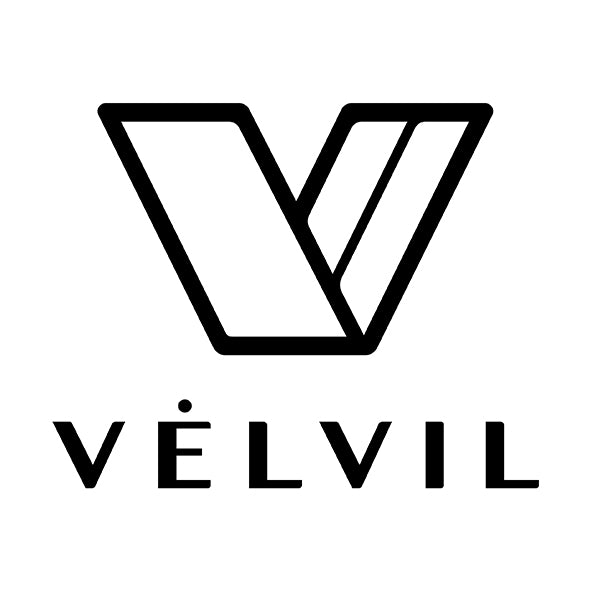In a world inundated with consumer goods, it's easy to fall into the trap of acquiring numerous cheaply made items. The allure of low prices and the promise of more might seem appealing, but the true value lies in embracing a different approach: opting for fewer, high-quality items. This shift towards mindful consumption not only benefits us personally but also has far-reaching positive implications for the environment and society as a whole. In this article, we'll delve into the reasons why it's crucial to invest in quality over quantity.
Durability and Longevity
High-quality items are constructed with superior materials and craftsmanship, ensuring they stand the test of time. This durability is in stark contrast to their cheaper counterparts, which often succumb to wear and tear quickly. Here is an example of a premium quality Leather Table Tennis Case. It is made from high quality leather and long lasting hand polished zippers. By purchasing well-made products, we reduce the need for frequent replacements, ultimately saving money in the long run. This emphasis on longevity also helps to minimize the amount of waste generated by disposable items.
Economic Savings
While it might seem counterintuitive, investing in fewer high-quality items often translates to cost savings over time. Consider the scenario of purchasing a cheap pair of shoes that wears out within a few months versus investing in a durable, well-constructed pair that lasts for years. For example, our Twill Shoe Bag is made from thick 100% cotton with reinforced stitching and leather drawstring. It is made to last a life time if cared for properly. The latter option not only provides a better wearing experience but also proves to be more economical in the grand scheme of things.
Reduced Environmental Impact
The fast fashion and disposable product culture have contributed significantly to environmental degradation. Choosing high-quality items means participating in a more sustainable consumption pattern. Manufacturing cheap products often involves cutting corners, using subpar materials, and contributing to resource depletion. High-quality items, on the other hand, are designed to last, which means fewer resources are needed for replacements. This Minimalist Leather Wallet is a prime example of quality construction. It is made from industrial greade elastane and top shelf leather. It By investing in quality, we actively contribute to reducing the demand for environmentally harmful production practices.
Enhanced Aesthetics and Satisfaction
Quality often shines through in the aesthetics and design of products. High-quality items exude a sense of elegance and sophistication that their cheaper counterparts can rarely match. One can choose this Leather Mousepad with Soft Rubber Base as a good example of prestine aesthetics and quality construction. Whether it's a mousepad, well-crafted leather bag or a sturdy piece of furniture, the attention to detail is palpable. Surrounding ourselves with items that we truly appreciate enhances our overall satisfaction and well-being, fostering a sense of pride in our possessions.
Support for Ethical Practices
Many high-quality brands prioritize ethical practices in their production processes. From fair wages for workers to sustainable sourcing of materials, these companies demonstrate a commitment to responsible business practices. By supporting these brands, consumers can influence the market towards more ethical standards and contribute to a healthier global supply chain.
A Shift in Mindset
Opting for fewer, high-quality items requires a shift in mindset from impulsive consumerism to thoughtful curation. Instead of chasing the thrill of acquiring the latest trends, we begin to value the significance of each possession. This shift encourages us to make intentional choices that align with our values and needs.
In conclusion, the importance of buying fewer, high-quality items cannot be overstated. This choice benefits us economically, environmentally, and ethically. It promotes a lifestyle of mindful consumption that appreciates craftsmanship, longevity, and aesthetic appeal. By embracing quality over quantity, we not only enhance our own lives but also contribute positively to the world around us. So, the next time you consider a purchase, remember: it's not about how much you own, but about what you truly value and cherish.

